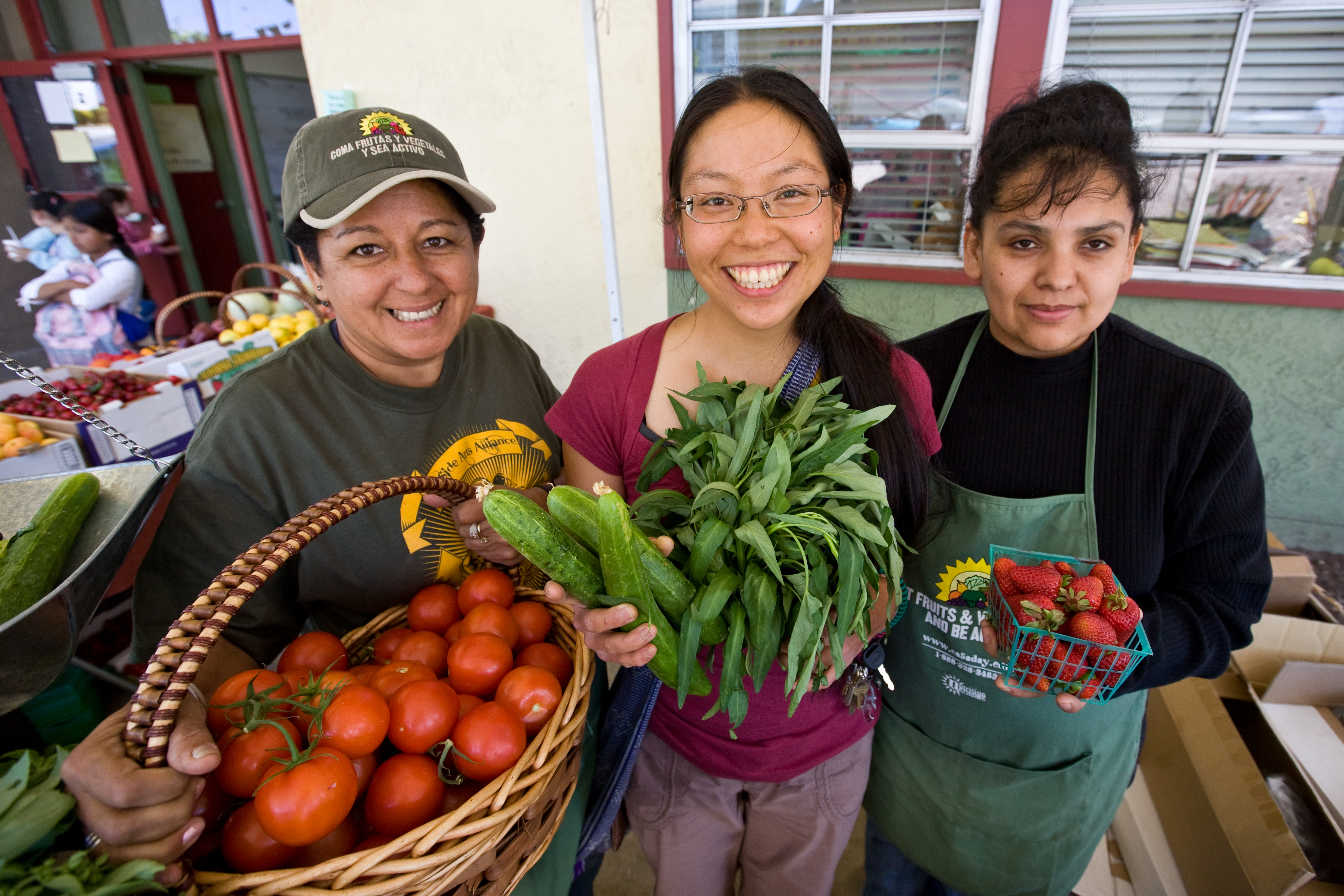Healthy Food Access: A View of the Landscape in Minnesota and Lessons Learned from Healthy Food Financing Initiatives - Summary

Overview
This study explored healthy food financing initiatives (HFFIs)—one possible solution for expanding healthy food access in underserved communities. HFFIs are public-private funds that offer flexible capital in the form of loans and grants to developers and operators of food retail businesses. Interviews with managers of existing funds throughout the United States reveal that:
- Seed money, including funds for planning and administration, is important for a successful launch.
- To date, the majority of HFFI dollars have gone to support already established business owners.
- Many healthy food projects are not equipped to take on debt. Grants or forgivable loans are needed in order to produce additional healthy food outlets, especially in areas that, from a business standpoint, would be considered unprofitable.
- Flexible sources of capital are critical for maximum deployment of funds, and project requirements should not be overly restrictive.
- HFFI-funded projects have helped to create jobs, expand healthy food retail, and eliminate food deserts. In some neighborhoods, these projects also spurred additional community revitalization. (4)
- There are several cases of HFFI loan recipients partnering with other organizations, including community clinics, medical schools, and fitness facilities, to improve resident health. According to managers of HFFI funds, retail outlets need to be rooted in the community in order to be successful. To that end, business owners can play an important role in supporting population health improvement goals.